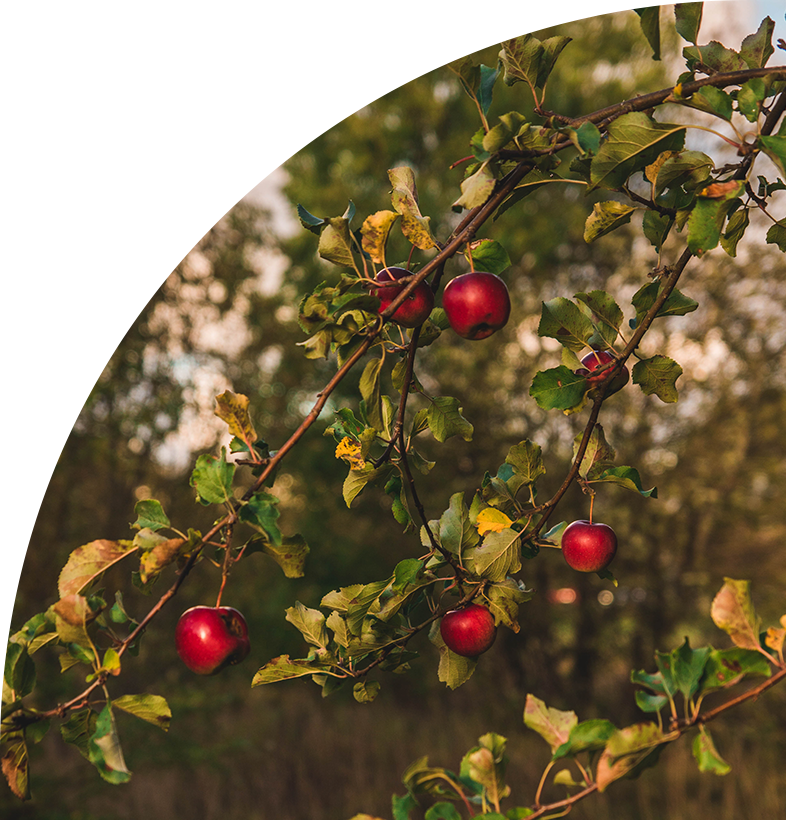CLARITY & WELL-BEING
Cultivating Inner Balance and Positive Mood
If you're seeking a state of clarity and well-being, our Caapi gummies can be your ally in fostering a balanced and positive mood for clarity and focus. As a subtle entheogen, Caapi has been traditionally used to support emotional well-being and enhance one's general outlook on life.
Suggested Set & Setting
Choose a peaceful and comfortable environment where you can focus on self-reflection and inner exploration. Create a sacred space, perhaps with meaningful objects or symbols to enhance the spiritual aspect of your experience. Consider practicing meditation or mindfulness to prepare your mind for the subtle entheogenic effects of Caapi. Set a positive intention for your journey, focusing on cultivating inner balance and gaining insights into your well-being. After you consume the gummies, allow the gentle and introspective effects of Caapi to guide you towards a state of uplifted clarity.
FINDING FREEDOM FROM ADDICTION
A Path to Healing
For those looking to overcome addiction, Caapi gummies can serve as a valuable tool on the path to healing. Caapi's neurogenic properties may support a shift in perspective and provide a fresh outlook on life, facilitating the journey towards recovery.
Suggested Set & Setting
Choose a safe and nurturing environment where you can explore your feelings and emotions related to addiction. Prioritize a setting free from distractions and external influences. Before consuming the gummies, set a powerful intention to break free from addiction and embrace a path of healing and transformation. Consider journaling your thoughts and reflections before and after the experience to track your progress. As you take the gummies, allow the introspective and transformative effects of Caapi to guide you on your journey towards freedom from addiction.
CREATIVE EXPLORATION
Unlocking the Muse Within
For those seeking to tap into their creative potential and explore new realms of inspiration, Caapi gummies can be a catalyst for unlocking the muse within. Caapi's subtle entheogenic properties have been known to enhance creative thinking and open the doors to imaginative exploration.
Suggested Set & Setting
Choose a quiet and comfortable space that inspires creativity, such as an art studio, a cozy corner with art supplies, an open private space for movement or song, or a tranquil natural setting. Before consuming the gummies, set a clear intention to explore your creative potential and embrace the flow of inspiration. Consider engaging in a creative activity like painting, writing, or playing a musical instrument to enhance the effects of Caapi. Allow the gentle and introspective nature of Caapi to guide your creative process, letting go of inhibitions and allowing your creativity to flow freely. Embrace any insights or breakthroughs that arise during your creative exploration, and take time to express gratitude for the newfound inspiration.
By incorporating Caapi gummies into your creative practice, you may discover fresh perspectives and unlock the hidden depths of your imagination, leading to enriching and fulfilling creative experiences. As always, we encourage you to trust your intuition and enjoy the journey of self-discovery with Caapi!
Beyond these common scenarios, our Caapi gummies offer long-term benefits as a neurogenic agent and master nootropic, supporting cognitive function and overall mental well-being. We trust that these use cases will help you make the most informed decisions and fully appreciate the benefits of Radiant Farms Caapi gummies. If you have any questions or need further guidance, our dedicated customer support team is always here to assist you.













